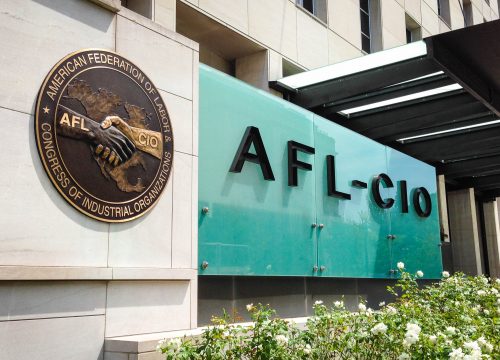
In this case, the Appellate Division made clear that faculty can enforce the terms of a university handbook in a plenary contract action. Prior to the Monaco decision many courts had held that faculty could only enforce their rights by means of an Article 78 proceeding. The remedies available in an Article 78 proceeding are substantially more limited than those available in a contract action and by requiring faculty to use this summary proceeding rather than a plenary contract action, the rights of tenured and tenure-track faculty have been effectively reduced to those of an employee at will. This decision has clarified the law in this area, recognizing that faculty rights contained in university handbooks, are enforceable contracts where the parties have evidenced a mutual intention to be bound by the terms of the handbook. This case also raises the important issue of the meaning of tenure as first defined by the Association of American University Professors in its so-called 1940 Statement of Tenure and Academic Freedom. That definition, which has been widely adopted by American Universities, makes clear that in order for faculty to have meaningful academic freedom they must have both job and economic security. We have argued that these guarantees prohibit the university from reducing faculty salaries based on their ability to obtain external funding to support their research. Although the lower court held that these terms could not give rise to a contractual right to irreducible salaries, the Appellate Division reversed, allowing plaintiffs to proceed with discovery on their contract claims.
Monaco et al v. New York University and New York University Medical School, 2016 NY Slip Op. 08467 (1st Dept. 12/15/16).







